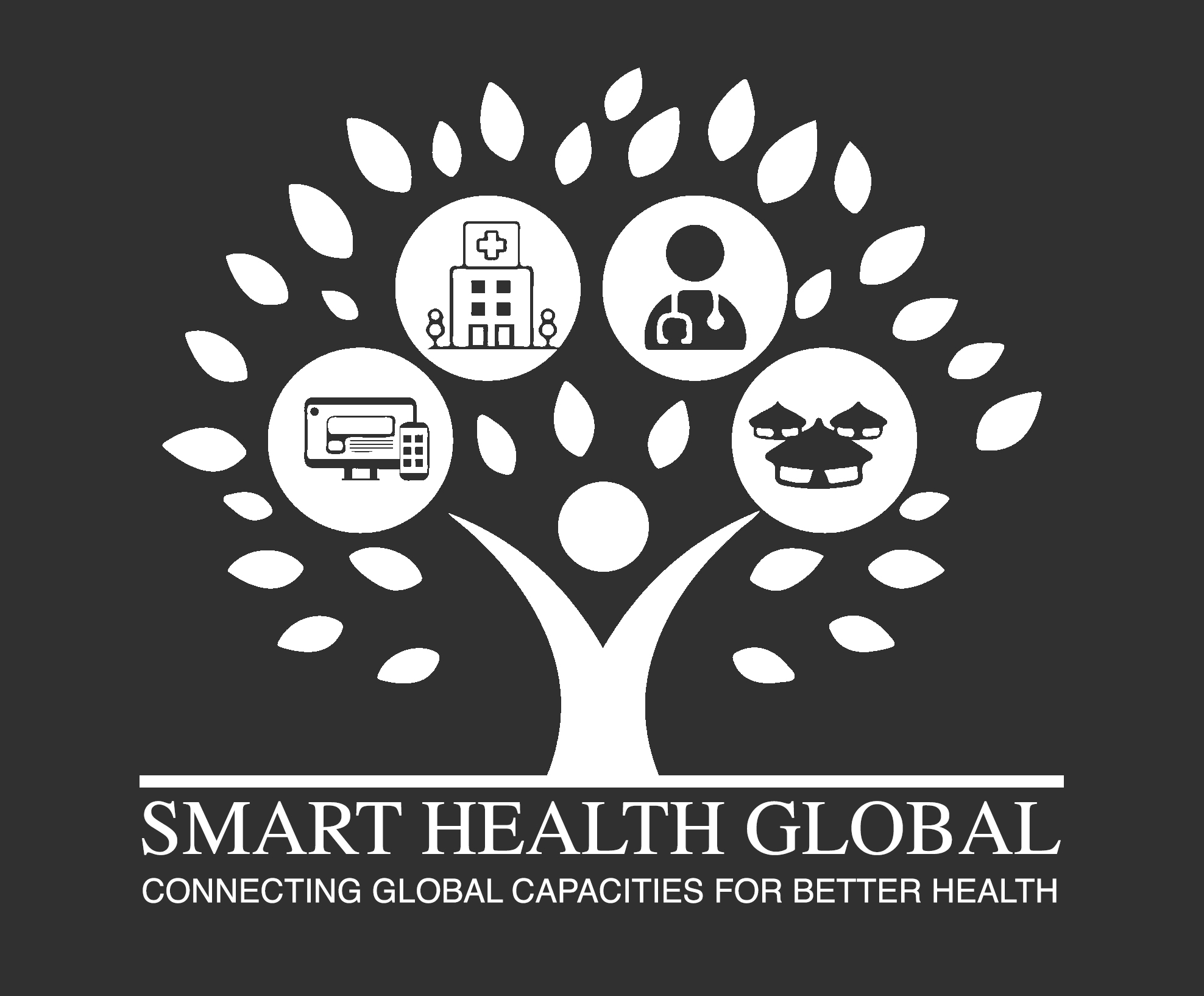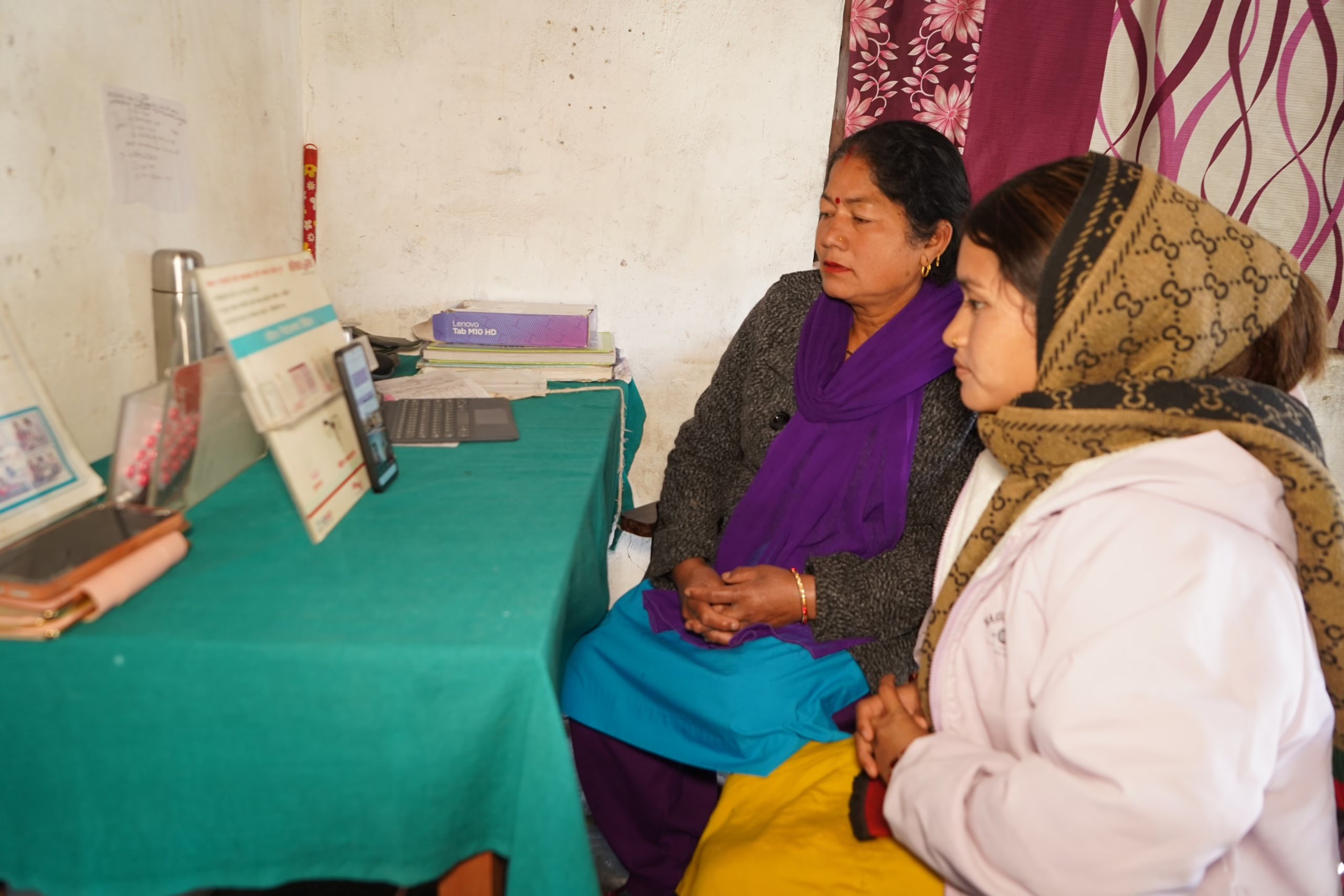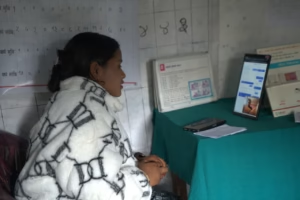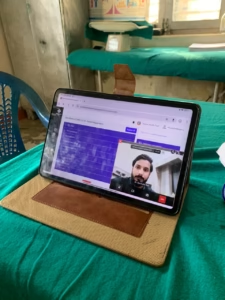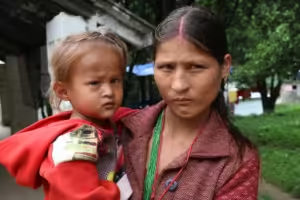In Nepal’s most remote regions, where healthcare access is scarce and maternal education even rarer, technology is quietly reshaping the way we care for mothers-to-be—one virtual consultation at a time through telehealth.
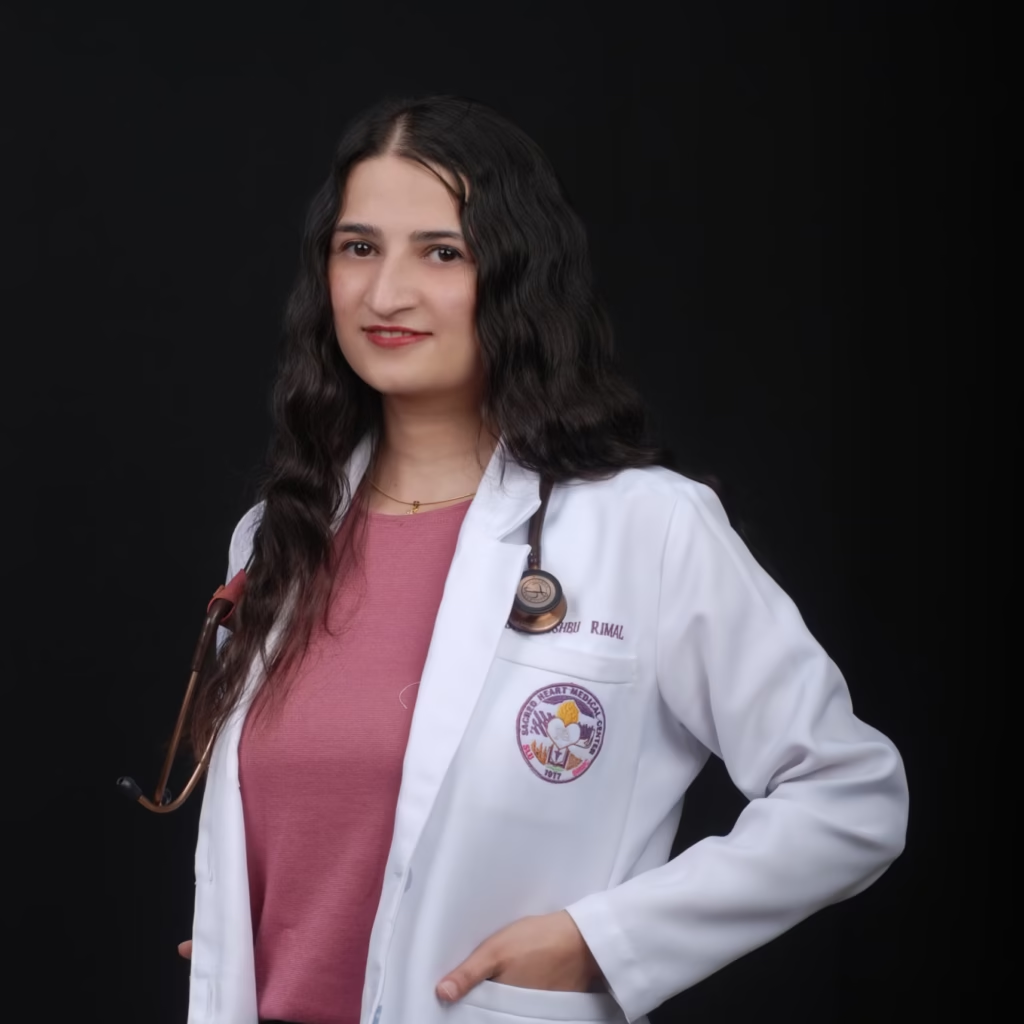
Dr. Khushbu Rimal, Volunteer Medical Officer, Smart Health Global
Working with Smart Health Global has been one of the most meaningful chapters of my medical journey. As a volunteer medical officer, I’ve had the opportunity to provide antenatal consultations through telehealth to women living in some of Nepal’s most remote regions—places where access to even basic healthcare is rare, and health education is often nonexistent.
With the help of a digital toolkit provided by Smart Health Global, I conduct video consultations in partnership with local healthcare workers stationed at rural health posts. While I join virtually, these frontline workers serve as my hands and eyes on the ground—assisting with physical exams, reporting findings, and following through on care recommendations.
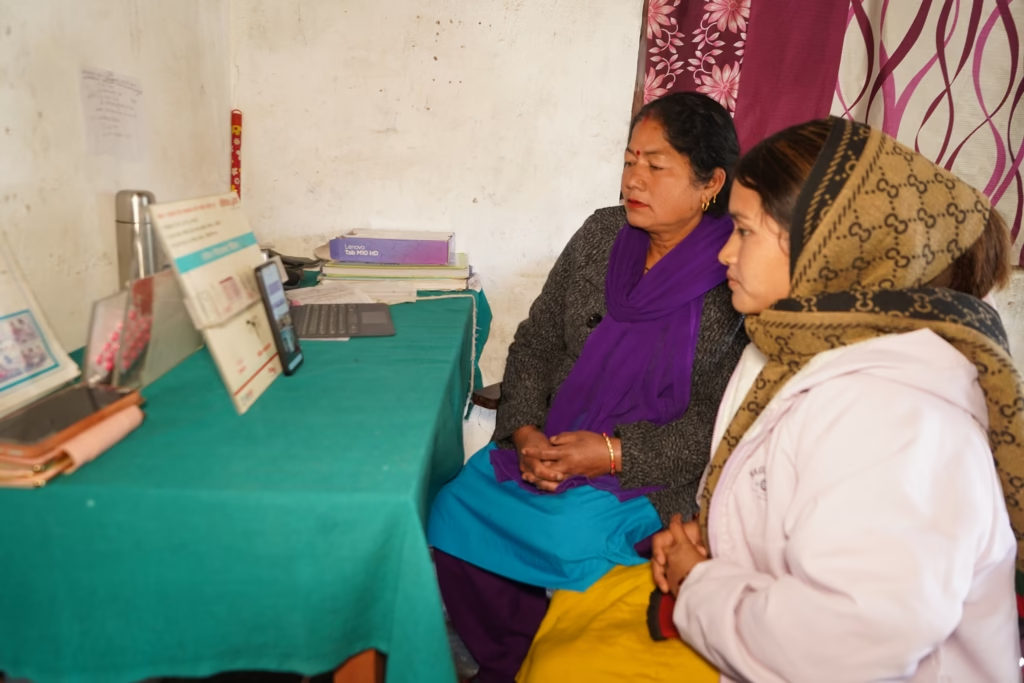
The women I consult with typically come from backgrounds where access to healthcare is not a right, but a distant privilege. In contrast to urban areas or developed countries where antenatal care is routine, these patients are often learning for the first time about the importance of prenatal vitamins, avoiding heavy labor, timely vaccinations, and basic screening.
What I’ve come to realize is that in these settings, more than medication, information is the most powerful form of care. Education is transformative. I’ve seen firsthand how women’s confidence grows when they understand what to expect during pregnancy, what danger signs to watch for, and what steps they can take to keep themselves and their babies safe.
Interestingly, when I take a detailed medical history myself and ask the local health worker to perform any missing physical examinations, the patients feel seen and heard. Discussing available investigations and clearly explaining my clinical reasoning makes them more at ease. They begin to understand their health better, and with that knowledge comes a sense of power—something many of them have never had in relation to their own bodies.
“More than medicine, information is the most powerful form of care. Education transforms.”
There are, of course, cases that require deeper attention—where a subtle symptom or clinical detail raises a red flag. Despite the limitations of distance and resources, these moments challenge my critical thinking and deepen my clinical skills. Working in this environment has pushed me to adapt, to make thoughtful decisions with limited data, and to grow both professionally and personally.
What Smart Health Global provides is more than a platform—it’s a lifeline. It connects doctors like me to communities that were once unreachable, through telehealth as a bridge to equity. It’s a quiet revolution in healthcare—digital, compassionate, and deeply human.
In a world that often speaks of innovation in terms of machines and metrics, this work reminds me that the most powerful kind of innovation is one that brings people together. That listens. That heals. That empowers.
